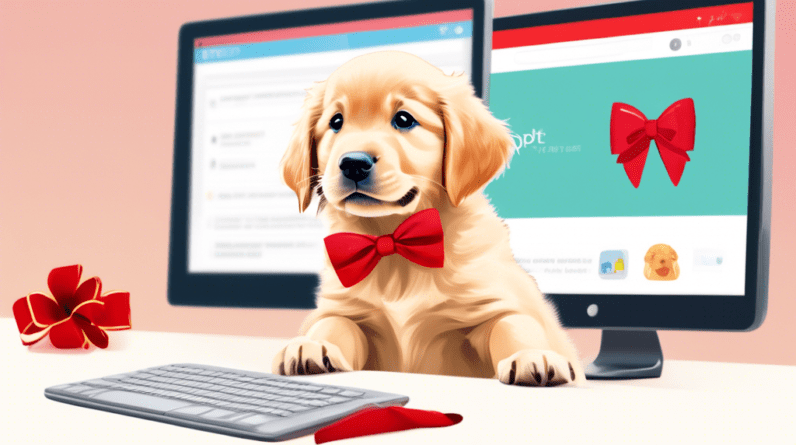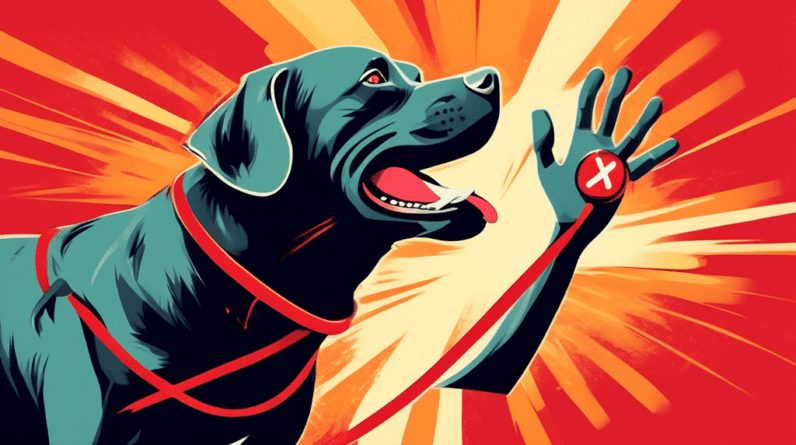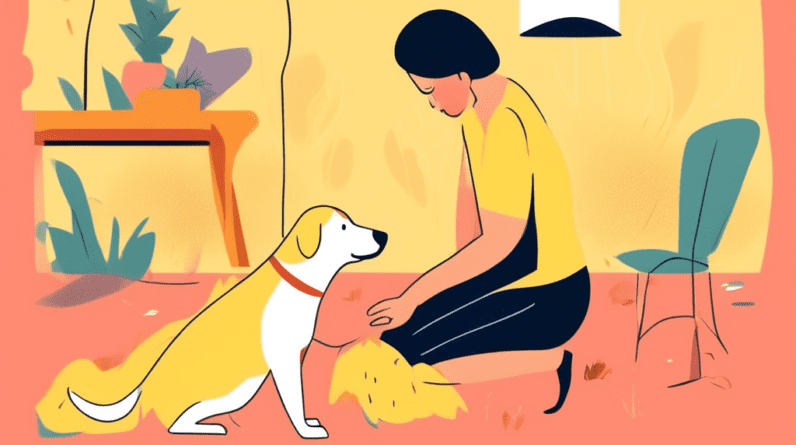
Finding the Perfect Lab Puppy: A Comprehensive Guide
Should You Adopt or Shop?
Bringing a Labrador Retriever puppy into your life is an exciting decision! Labs are known for their friendly nature, intelligence, and love of adventure, making them fantastic family pets. But before you start picturing puppy cuddles, it’s crucial to decide whether adoption or purchasing from a responsible breeder is the right choice for you.
Adopting a Lab Puppy: Giving a Dog a Second Chance
Adoption offers a wonderful opportunity to give a deserving Lab puppy a loving forever home. Here’s what you need to know about the adoption process:
Where to Look:
- Animal Shelters & Humane Societies: These organizations frequently have Lab puppies (and adult dogs!) looking for homes. Don’t be discouraged if you don’t find a Lab puppy right away; visit regularly or check their websites for updates.
- Breed-Specific Rescues: Labrador Retriever rescues focus specifically on finding homes for Labs in need. These organizations often have puppies that have been surrendered by their owners or rescued from shelters.
- Online Adoption Platforms: Websites and apps like Petfinder and Adopt-a-Pet allow you to search for adoptable dogs in your area, filtering by breed, age, and other criteria.
The Adoption Process:
Adoption processes vary, but you can generally expect:
- Application: You’ll fill out an application detailing your experience with dogs, lifestyle, and home environment.
- Interview: The shelter or rescue will likely want to interview you, and possibly your family, to ensure a good match.
- Home Check: Some organizations require a home visit to ensure you have a safe and suitable environment for a puppy.
- Adoption Fee: There’s typically a fee that helps cover the organization’s costs for caring for the dog.
Benefits of Adoption:
- Giving a dog a second chance
- Often more affordable than purchasing from a breeder
- Puppies may already have some basic training
Purchasing from a Responsible Breeder: Ensuring Health and Temperament
If you’ve set your heart on a puppy with a specific lineage or temperament, working with a responsible breeder might be the better option. Here’s how to find a reputable breeder and navigate the purchase process:
Finding a Reputable Breeder:
- Referrals: Ask your veterinarian, local Labrador Retriever clubs, or trusted friends for breeder recommendations.
- Online Research: The American Kennel Club (AKC) website provides a directory of responsible breeders who adhere to ethical breeding practices.
- Attend Dog Shows: Dog shows are an excellent opportunity to meet breeders and see their dogs firsthand.
Red Flags to Watch Out For:
- Breeders who offer puppies at suspiciously low prices
- Breeders who always have puppies available or who don’t seem interested in getting to know you as a potential owner
- Facilities that are unclean or poorly maintained
- Breeders who refuse to answer questions about their breeding practices or health guarantees
The Purchase Process:
- Contact the Breeder: Express your interest and inquire about available puppies or upcoming litters.
- Ask Questions: Don’t hesitate to ask the breeder about their breeding practices, health testing, socialization methods, and the puppy’s parents.
- Visit the Breeder: If possible, schedule a visit to the breeder’s facility to meet the puppies, their parents (at least the mother), and see the environment where they’re being raised.
- Health Guarantees: Reputable breeders provide health guarantees, ensuring that the puppy is free from certain genetic conditions.
- Purchase Agreement: Review the purchase agreement carefully before making a commitment. It should outline the terms of the sale, health guarantees, and any spay/neuter requirements.
Benefits of Purchasing from a Responsible Breeder:
- Knowing the puppy’s lineage and health history
- Potentially influencing the puppy’s early socialization and training
- Building a relationship with a breeder who can offer ongoing support
Preparing for Your Lab Puppy’s Arrival
Whether you choose adoption or purchasing from a breeder, once you’ve found your furry friend, it’s time to prepare your home for their arrival:
Puppy-Proofing Your Home:
- Secure Cords and Hazardous Materials: Puppies love to chew, so tuck away electrical cords, cleaning supplies, and anything else that could be harmful.
- Create Safe Zones: Set up designated areas where your puppy can play, sleep, and eat. This might involve using crates, playpens, or baby gates.
- Protect Your Belongings: Place valuable or delicate items out of reach. Consider using bitter apple spray or other deterrents to discourage chewing on furniture.
Essential Supplies:
- High-Quality Puppy Food: Choose a brand specifically formulated for puppies, as it provides the nutrients they need for growth and development.
- Food and Water Bowls: Stainless steel or ceramic bowls are durable and easy to clean.
- Collar, Leash, and ID Tag: Even if your puppy isn’t fully vaccinated, get them used to wearing a collar and leash. An ID tag with your contact information is crucial in case they get lost.
- Crate and Bedding: A crate provides a safe space for sleeping and can aid in housetraining. Choose a crate that’s appropriately sized for your puppy.
- Toys: Provide a variety of toys to keep your puppy entertained and engaged. Chew toys are especially important for teething puppies.
- Grooming Supplies: Labs have double coats that require regular brushing. Invest in a slicker brush, comb, and nail clippers.
- Cleaning Supplies: Accidents happen, so have enzyme cleaner on hand to clean up messes and prevent staining.
Finding a Veterinarian:
Schedule your puppy’s first veterinary appointment soon after bringing them home. Your veterinarian will check for any health issues, administer necessary vaccinations, and provide guidance on nutrition, parasite prevention, and other aspects of puppy care.
The Importance of Training and Socialization
Early training and socialization are crucial for raising a well-adjusted and well-behaved Lab. Enroll your puppy in obedience classes and expose them to a variety of people, dogs, and environments. This will help them develop confidence, learn basic commands, and become comfortable in different situations.
Bringing Your Lab Puppy Home: Tips for a Smooth Transition
The day you bring your Lab puppy home is sure to be filled with excitement and joy. Here are some tips to help make the transition as smooth as possible:
- Be Patient and Positive: Your puppy is entering a new and unfamiliar environment, so it’s essential to be patient and understanding. Use positive reinforcement techniques, such as treats and praise, to encourage good behavior.
- Start Housetraining Immediately: Establish a consistent routine for potty breaks and praise your puppy lavishly when they do their business outside. Accidents will happen, so clean them up without making a fuss.
- Introduce Your Puppy to Your Other Pets Gradually: When introducing your puppy to other pets, do so slowly and in a controlled environment. Keep initial interactions short and supervised to prevent any conflicts or overwhelming your puppy.
- Provide Plenty of Love and Attention: Labrador Retrievers are social butterflies and crave attention. Spend quality time bonding with your puppy through play, cuddles, and training sessions.
A Lifelong Bond
Bringing a Lab puppy into your life is a wonderful experience. By carefully considering whether to adopt or work with a responsible breeder and preparing adequately for your new furry friend’s arrival, you’re setting the foundation for a lifetime of love, laughter, and unforgettable adventures. Remember, patience, consistency, and a whole lot of love are the key ingredients to raising a happy and healthy Labrador Retriever.






